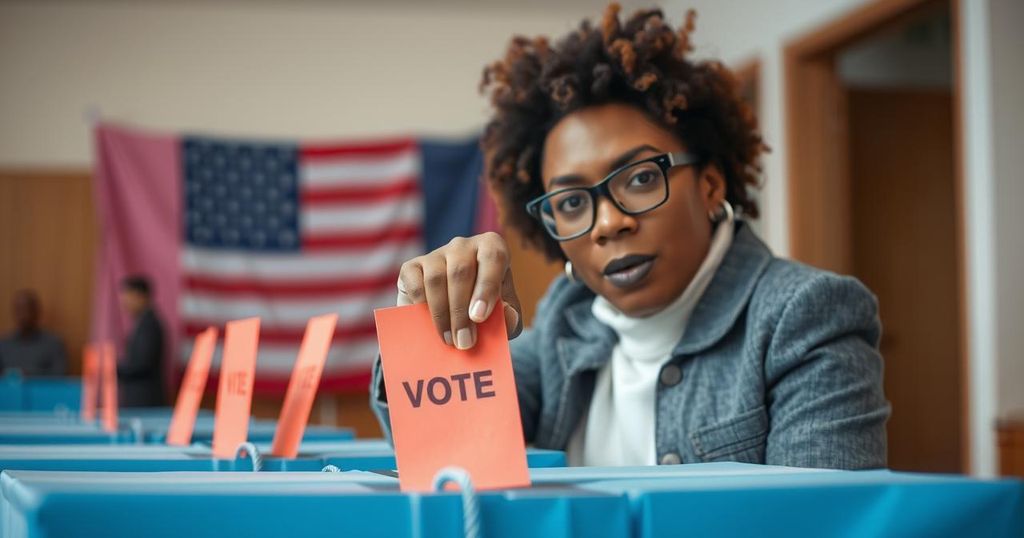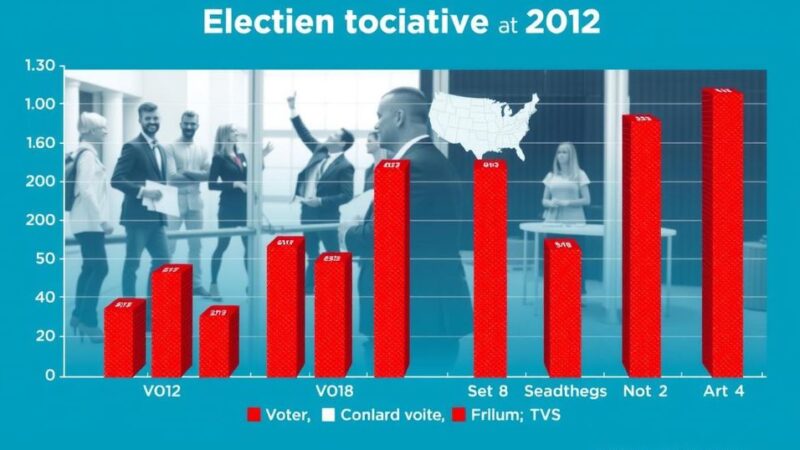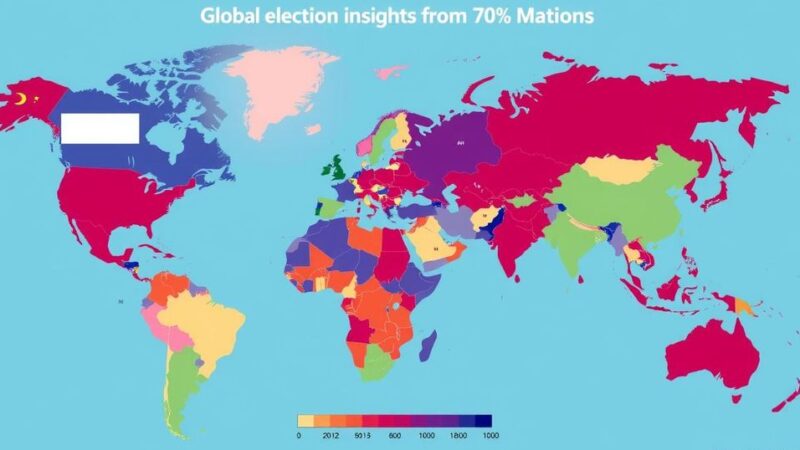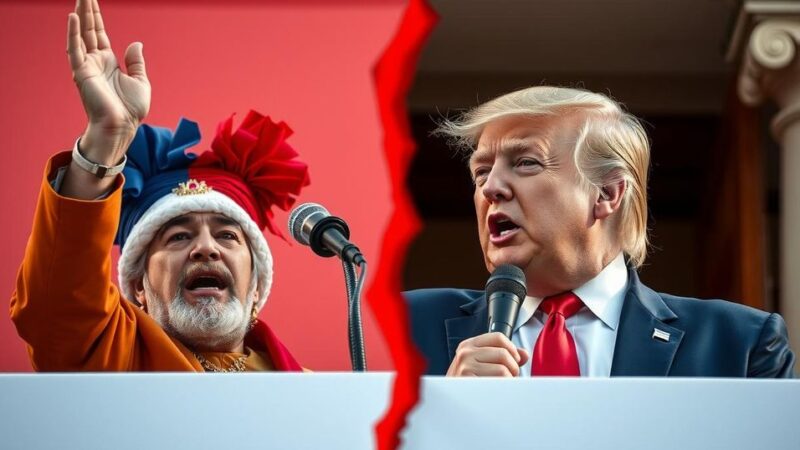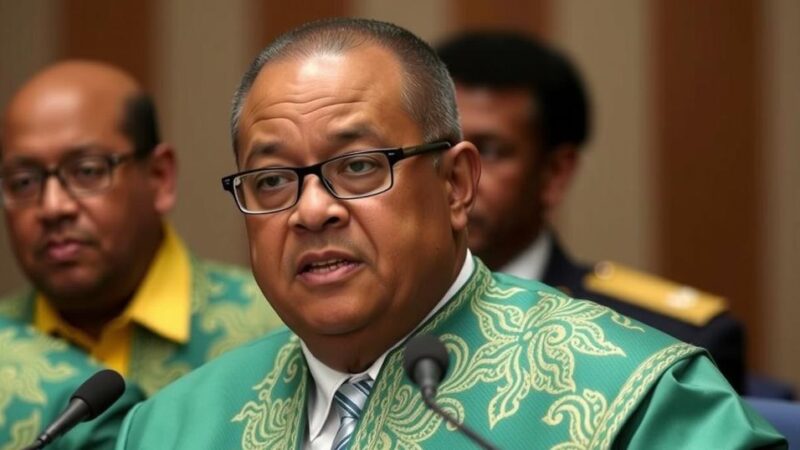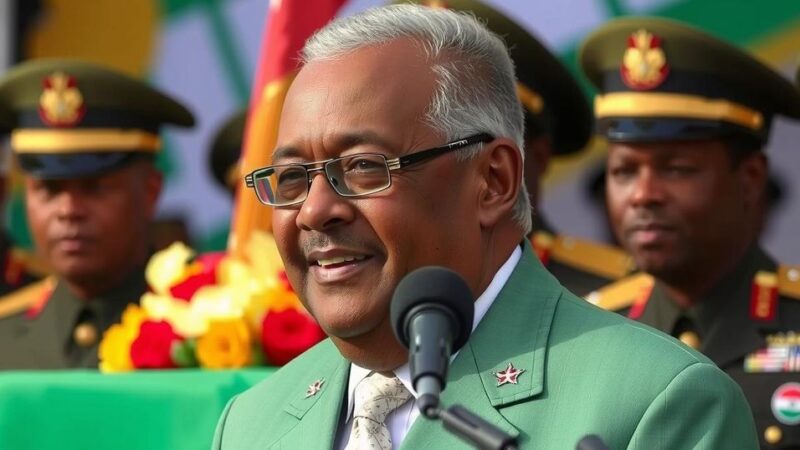Chad voted in a general election on Sunday, aiming to end three years of military rule. Reports suggest a low turnout of only 38 percent due to an opposition boycott, raising questions about the election’s legitimacy and future governance.
Chad conducted its general election on Sunday, aiming to transition from three years of military governance to democratic rule. However, the election’s legitimacy is undermined by opposition calls for a boycott, leading to expectations of a low voter turnout. Preliminary reports from the elections management agency, ANGE, indicated that only 38 percent of eligible voters participated in the election to select new parliamentary representatives and local government officials. These figures reflect widespread discontent and doubt regarding the electoral process under military oversight.
Chad has been under military rule since the death of its former president in 2021, which has prompted various political and social upheavals. The current military-led government has expressed intentions to restore democracy through this general election, but the atmosphere has been charged with skepticism. Numerous opposition groups have actively campaigned against the elections, calling them illegitimate and urging citizens to abstain from voting, contributing to the anticipated low voter turnout reported during the election.
In conclusion, the general election held in Chad represents a significant attempt to move away from military rule, yet the low participation rates underscore the challenges facing this transition. The opposition’s boycott efforts have significantly impacted the electoral process, casting a shadow over the legitimacy of the elections. As Chad looks toward future governance, the implications of these events will undoubtedly shape the political landscape going forward.
Original Source: www.themountaineer.com

